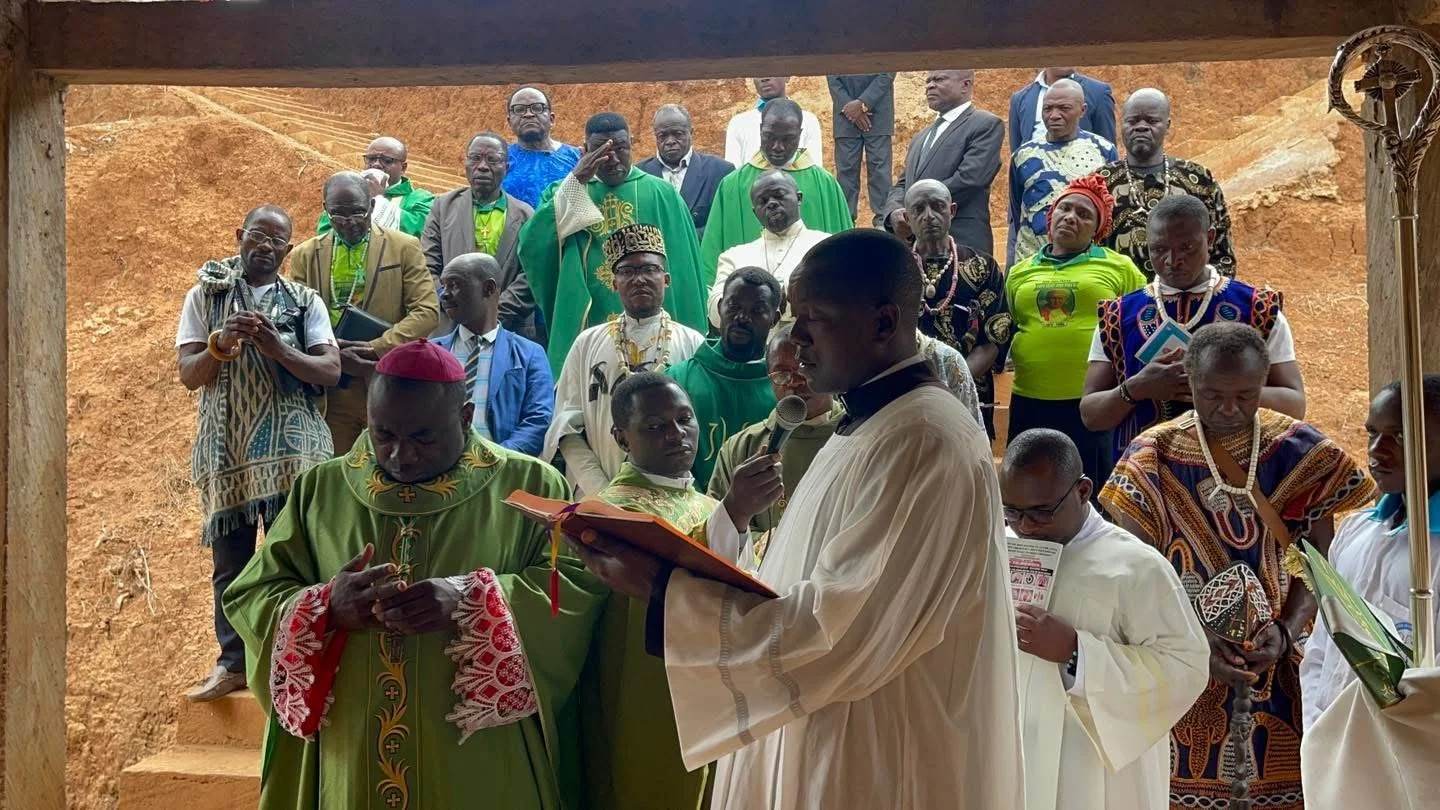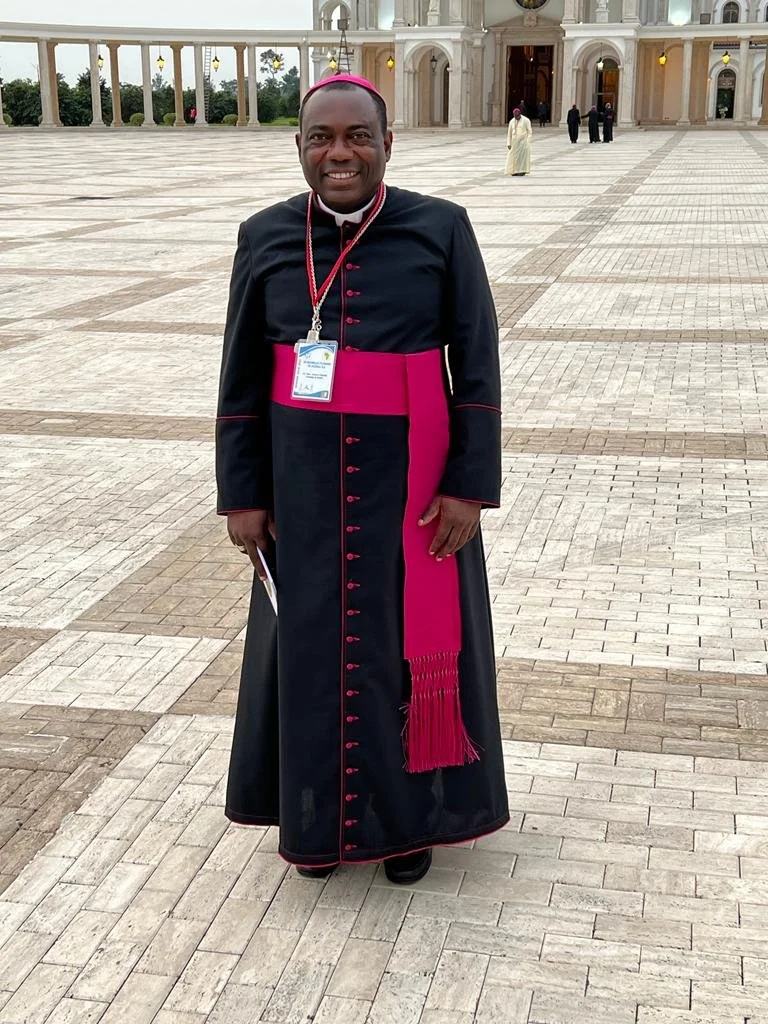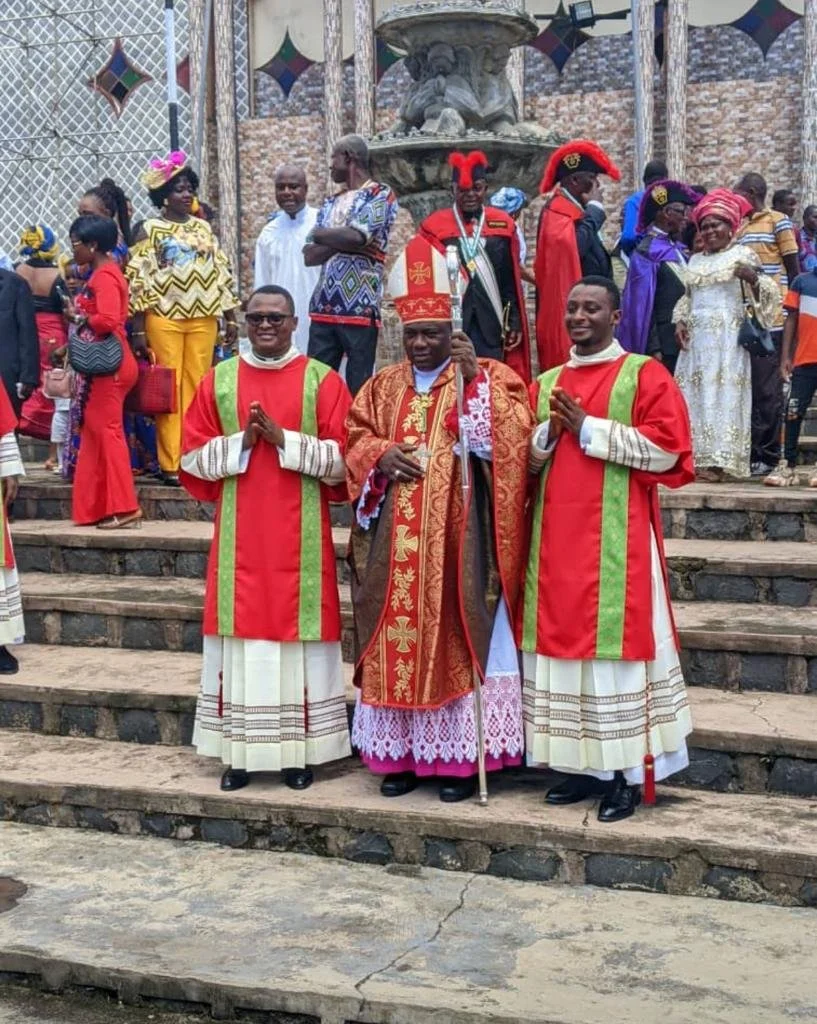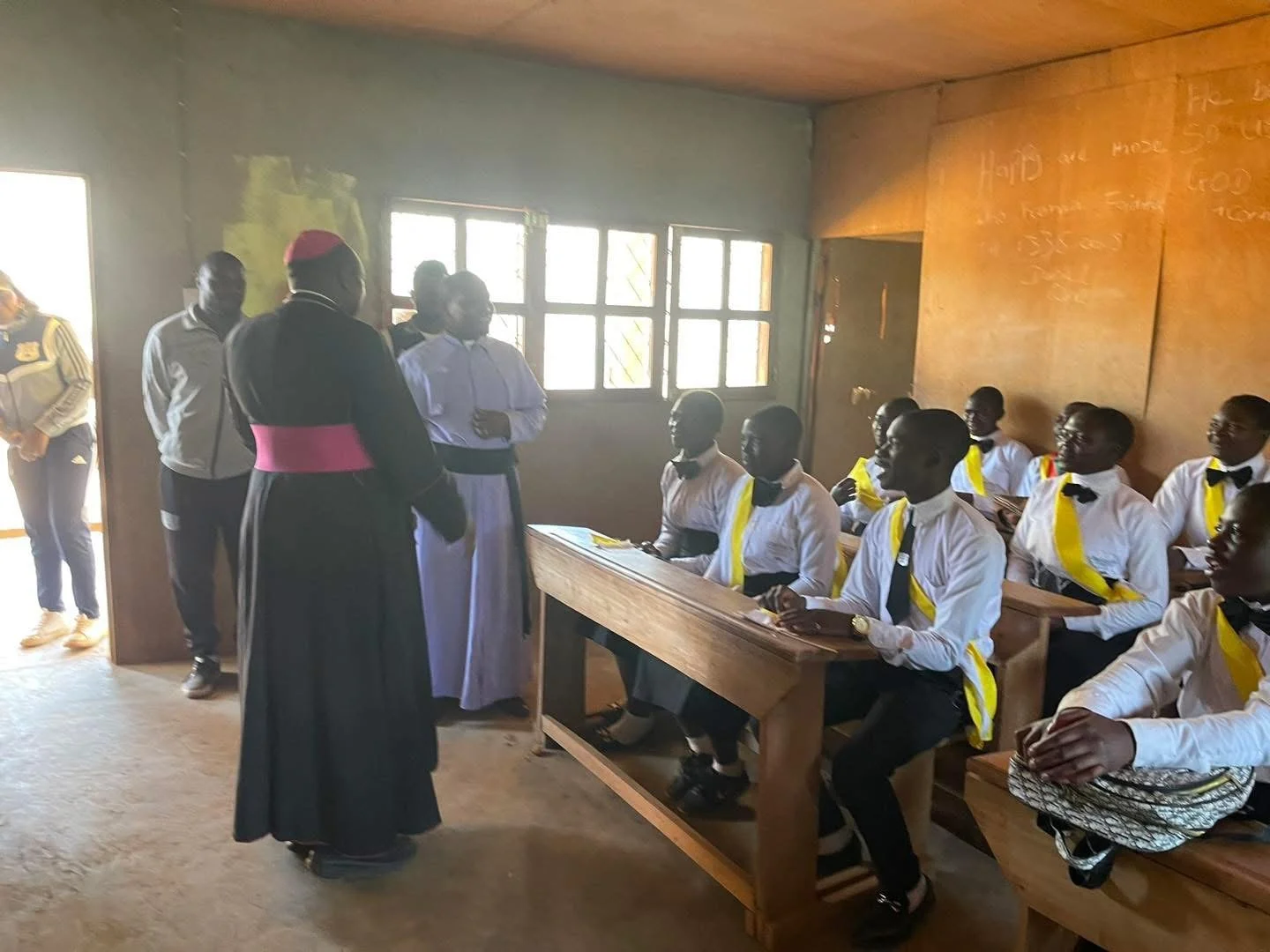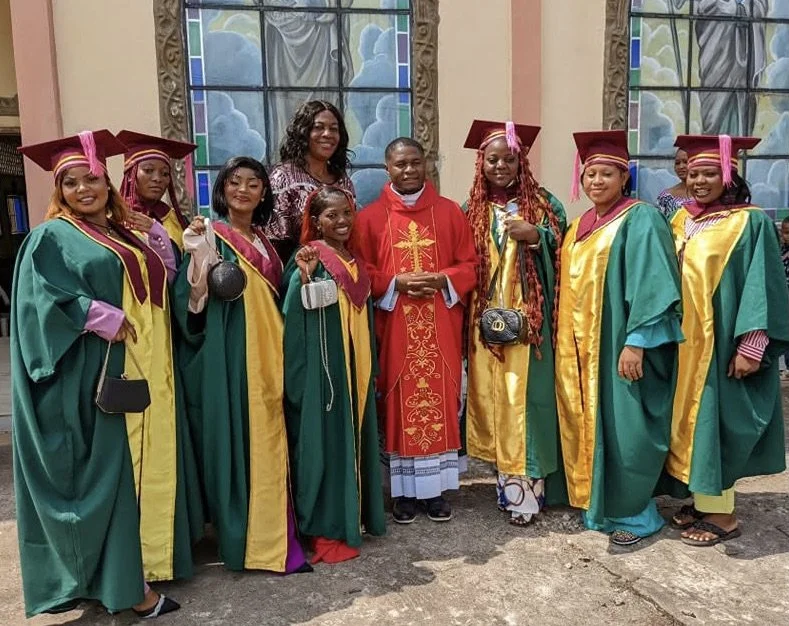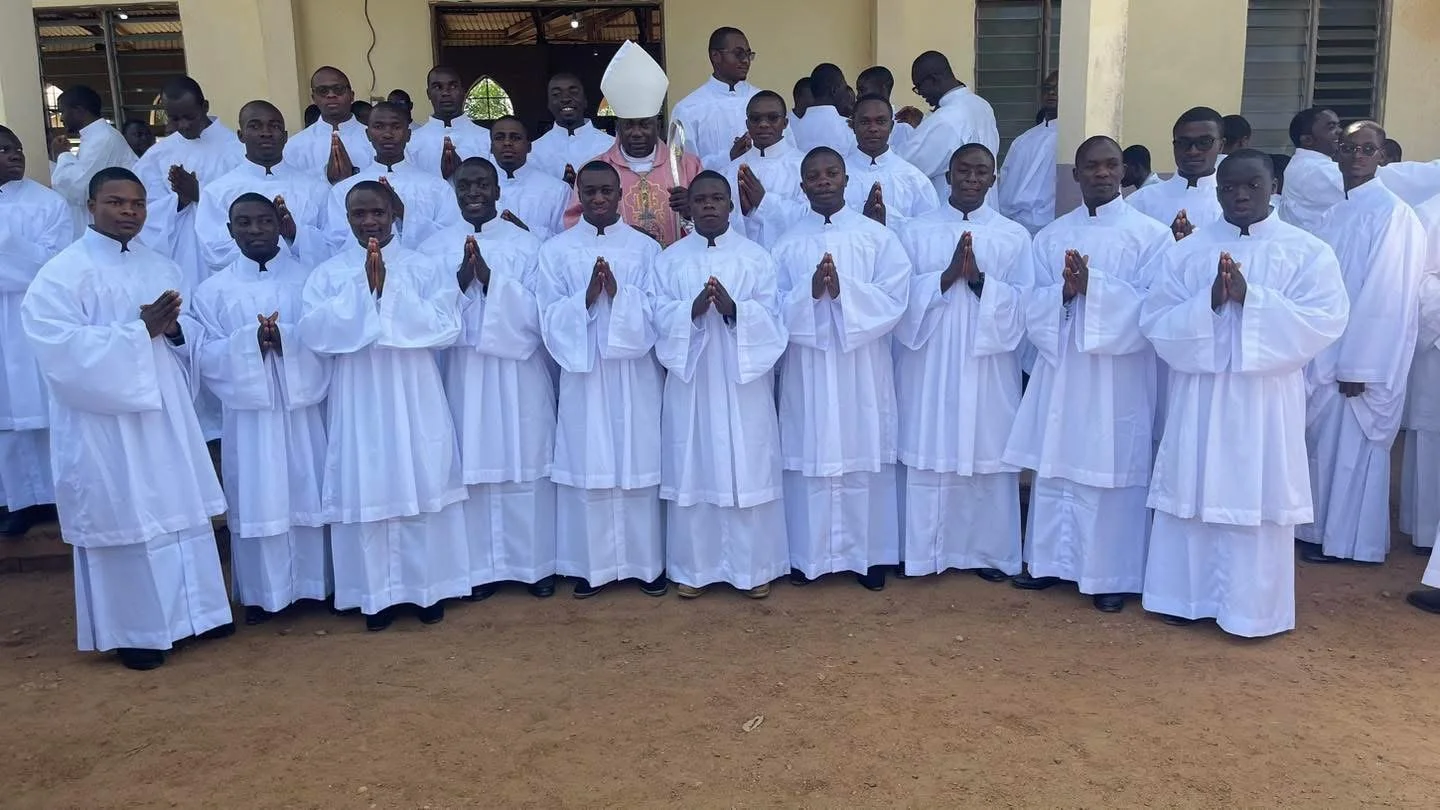
About Diocese of Mamfe
About the Mission of the Diocese
The Catholic Church’s relationship with the people of Mamfe began with a local mission in 1912. A small group of priests recognized the urgent need to provide spiritual guidance, basic care, and education. Today, the Diocese continues this mission by:
Building strong community foundations,
Deepening faith,
Strengthening family stability through education,
Fostering peace,
Upholding the dignity and formation of catechists.
About Bishop Aloysious
Bishop Aloysius Abangiolo Fondong was appointed by Pope Francis on February 22, 2022, as the third residential Bishop of the Diocese of Mamfe. A graduate of St. Thomas Aquinas Interdiocesan Major Seminary in Bambui and ordained in 2006, Bishop Aloysious works tirelessly for his people. His heartfelt commitment is evident in his frequent visits to remote mission churches—often under hazardous conditions—to personally minister to those in need.
Hospitals and Healthcare
The Diocese of Mamfe provides critical healthcare services to everyone in the community, regardless of religious affiliation. At its modest facilities, dedicated doctors and nurses care for over 100 patients each day—many of whom travel hundreds of miles to receive treatment. Recent donations helped acquire digital x-ray equipment that now plays a crucial role in saving lives. Your support helps ensure that these life-saving services continue.
Education
The Diocese supports the education of the most impoverished children. It currently operates:
21 Schools: Serving nearly 5,000 students annually from elementary through high school.
11 Post-Secondary Institutions: Including Seat of Wisdom College, one of Cameroon’s top academic institutions.
Many parents cannot afford full tuition, and donations help provide a quality education for those who would otherwise have no option.
Priest, Seminary, and Religious
Mamfe’s vibrant religious community includes an increasing number of priests, seminarians, and nuns who offer invaluable spiritual and practical support. With priests surviving on as little as $400 per year and often spending their own money for necessary supplies, external donations are crucial for sustaining their work. Support for this community helps nurture projects ranging from agricultural initiatives to essential services in schools and clinics.

